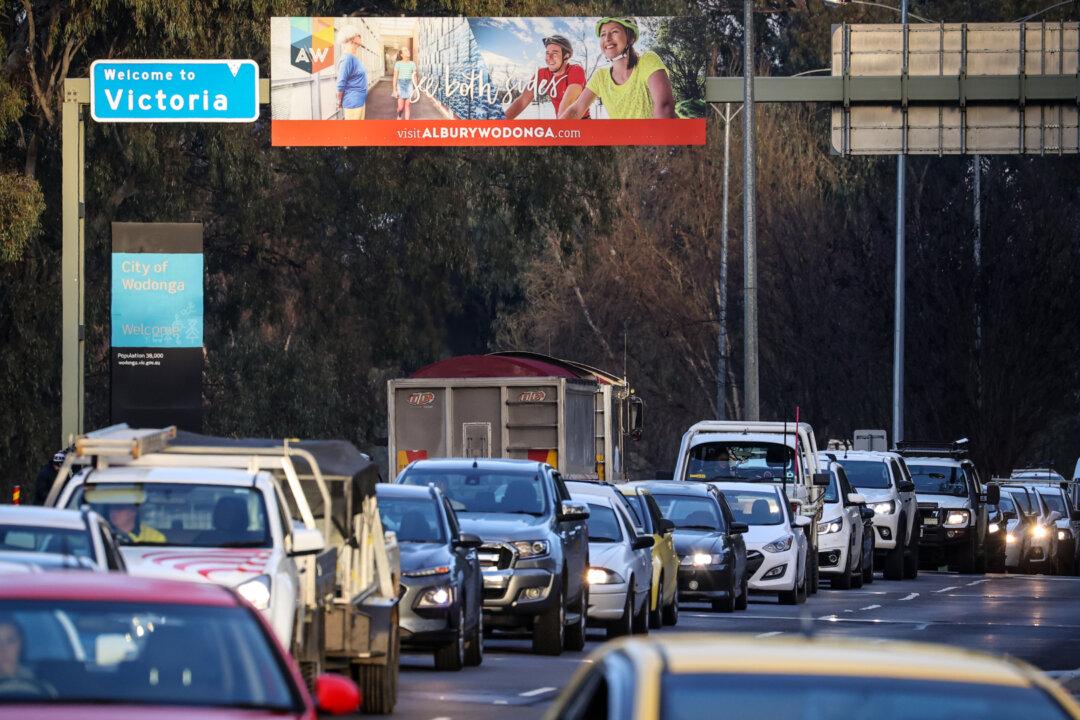States and territories that keep their borders shut longer than needed could be forced to prop up tourism businesses that suffer the consequences.
Federal Tourism Minister Simon Birmingham said travel restrictions should be proportionate to the risks of COVID-19 across different jurisdictions.





